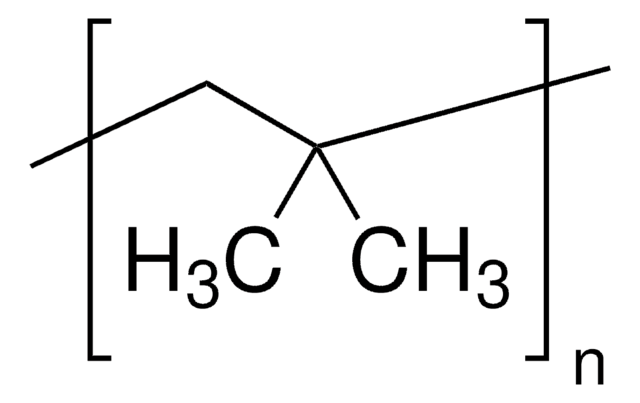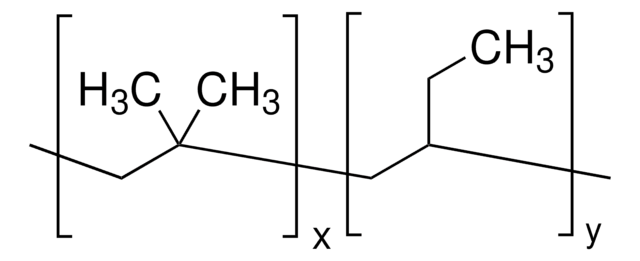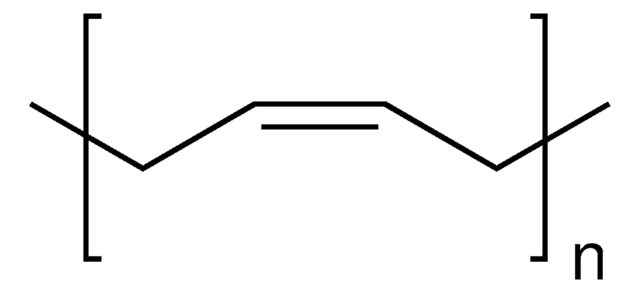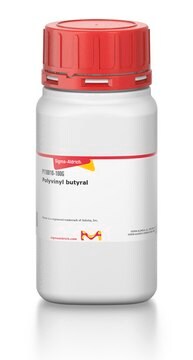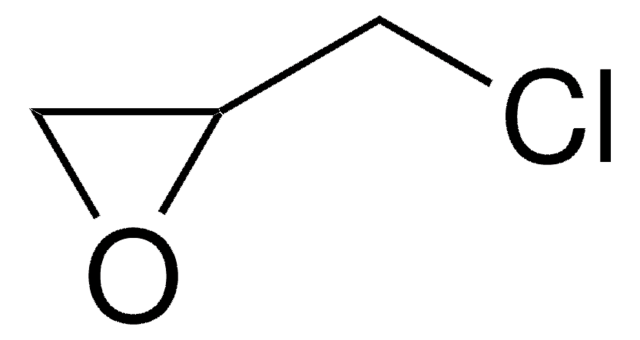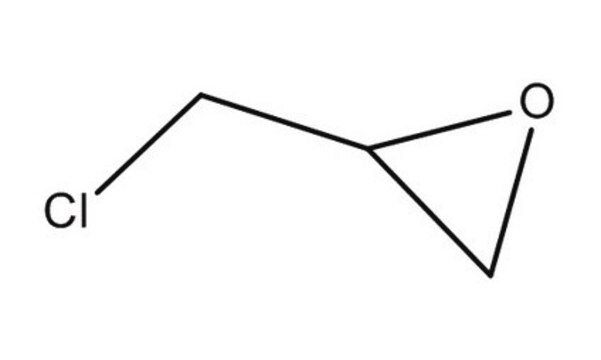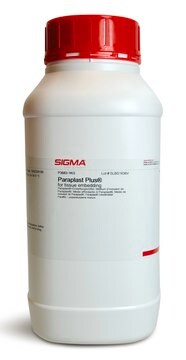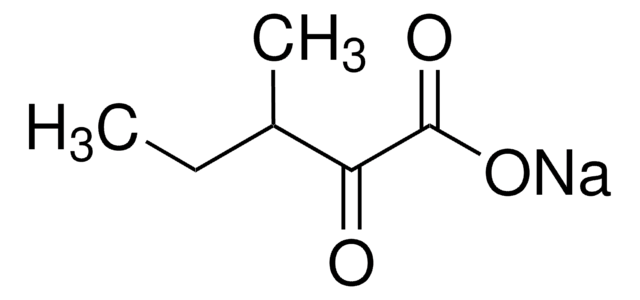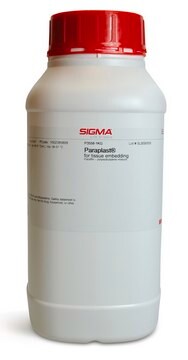Alle Fotos(1)
Wichtige Dokumente
181463
Polyisobutylen
average Mw ~1,000,000, average Mn ~600,000 by GPC/MALLS, average Mv ~1,200,000
Anmeldenzur Ansicht organisationsspezifischer und vertraglich vereinbarter Preise
Alle Fotos(1)
About This Item
Lineare Formel:
[CH2C(CH3)2]n
CAS-Nummer:
MDL-Nummer:
UNSPSC-Code:
12162002
PubChem Substanz-ID:
NACRES:
NA.23
Empfohlene Produkte
Form
solid (or Chunk(s))
Qualitätsniveau
Mol-Gew.
average Mn ~600,000 by GPC/MALLS
average Mv ~1,200,000
average Mw ~1,000,000
Enthält
500 ppm BHT as stabilizer
Farbe
colorless, or white
Brechungsindex
n20/D 1.51
Dichte
0.92 g/mL at 25 °C (lit.)
SMILES String
CC(C)=C
InChI
1S/C4H8/c1-4(2)3/h1H2,2-3H3
InChIKey
VQTUBCCKSQIDNK-UHFFFAOYSA-N
Suchen Sie nach ähnlichen Produkten? Aufrufen Leitfaden zum Produktvergleich
Anwendung
- The use of polyisobutylene-based polymers in ophthalmology: Discusses the application of polyisobutylene-based polymers in ophthalmologic devices, highlighting its potential in biomedical applications (L Pinchuk, 2022).
- Synthesis of a polyisobutylene-tagged fac-Ir (ppy) 3 complex and its application as recyclable visible-light photocatalyst in a continuous flow process: Presents a novel use of polyisobutylene as a support for photocatalysts, enhancing recyclability and efficiency in light-driven chemical reactions (D Rackl, P Kreitmeier, O Reiser, 2016).
- Polyisobutylene-based thermoplastic elastomers for manufacturing polymeric heart valve leaflets: In vitro and in vivo results: Explores the use of polyisobutylene-based elastomers in the production of heart valve leaflets, assessing their physical properties and compatibility (E Ovcharenko et al., 2019).
- Polyisobutylene—new opportunities for medical applications: Reviews the potential of polyisobutylene in various medical applications, focusing on its properties and benefits for healthcare materials (D Barczikai et al., 2021).
- Homogeneous and heterogeneous catalysts for the synthesis of highly reactive polyisobutylene: discovery, development and perspectives: Discusses advancements in catalyst technology for producing high-reactivity polyisobutylene, crucial for high-performance materials (IV Vasilenko, SV Kostjuk, 2021).
Lagerklassenschlüssel
10 - Combustible liquids
WGK
WGK 3
Flammpunkt (°F)
Not applicable
Flammpunkt (°C)
Not applicable
Persönliche Schutzausrüstung
Eyeshields, Gloves
Hier finden Sie alle aktuellen Versionen:
Besitzen Sie dieses Produkt bereits?
In der Dokumentenbibliothek finden Sie die Dokumentation zu den Produkten, die Sie kürzlich erworben haben.
Kunden haben sich ebenfalls angesehen
C Götz et al.
Journal of the mechanical behavior of biomedical materials, 10, 206-215 (2012-04-24)
This study examines the morphology, thermal, quasi-static and long-term dynamic creep properties of one linear and three arborescent polyisobutylene-based block copolymers (L_SIBS31, D_IBS16, D_IBS27 and D_IBS33). Silicone rubber, a common biopolymer, was considered as a benchmark material for comparison. A
Hong Seok Choi et al.
Langmuir : the ACS journal of surfaces and colloids, 28(1), 849-854 (2011-11-25)
The optical properties of polymeric materials, such as transmission loss and the thermo-optic coefficient, determine their utility in numerous applications, ranging from nanotechnology to the automotive and aerospace industries. However, because of the wide variation in the physical properties of
Ivan Yu Eremchev et al.
Physical chemistry chemical physics : PCCP, 13(5), 1843-1848 (2010-12-25)
Numerous experiments have shown that the low-temperature dynamics of a wide variety of disordered solids is qualitatively universal. However, most of these results were obtained with ensemble-averaging techniques which hide the local parameters of the dynamic processes. We used single-molecule
Deniz C Tuncaboylu et al.
Langmuir : the ACS journal of surfaces and colloids, 26(10), 7574-7581 (2010-01-29)
Organic-inorganic hybrid materials attract particular interest because of their excellent mechanical properties. Here, we report the synthesis of hybrid cryogels consisting of interpenetrated polyisobutylene and silica networks. The gels were prepared by cross-linking of butyl rubber in cyclohexane containing silica
Corinne Vebert-Nardin
Chimia, 65(10), 782-786 (2011-11-08)
With this article, we wish to give an overview of our main research activities assessing the potential of a suitable polymer modification of DNA fragments to self-assemble biologically active nanostructures. Specifically, the grafting of a hydrophobic polymer segment on DNA
Unser Team von Wissenschaftlern verfügt über Erfahrung in allen Forschungsbereichen einschließlich Life Science, Materialwissenschaften, chemischer Synthese, Chromatographie, Analytik und vielen mehr..
Setzen Sie sich mit dem technischen Dienst in Verbindung.